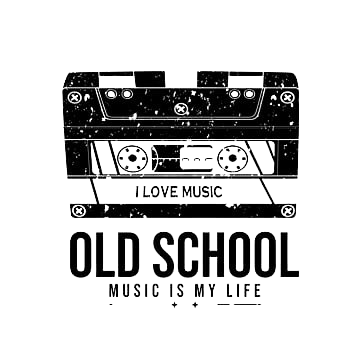Led Zeppelin guitarist Jimmy Page and singer Robert Plant might have grabbed most of the headlines about the band., but bassist John Paul Jones was the first member of the group to appear in the spotlight.
Jones recorded and released his own single, ‘Baja’, produced by Rolling Stones manager Andrew Loog Oldham, under his newly-adopted stage name in April 1964. The single didn’t get anywhere commercially, but it laid down a marker for the teenage artist’s abilities as a musician and arranger. These abilities would go on to be utilised in hundreds of recording sessions during the years that followed.
The future Zeppelin bassist demonstrated his mastery of the instrument on various recordings with British folk artist Donovan. He also wrote the string arrangements for one of The Rolling Stones’ finest accomplishments in psychedelic rock, ‘She’s a Rainbow’.
Long before crossing paths with these luminaries of 1960s counterculture, however, Jones was already a seasoned session man. His own song ‘Baja’ was far from his first studio recording.
What had he done before then?
In fact, John Paul Jones’ first known recording was on Jet Harris and Tony Meehan’s instrumental single ‘Scarlett O’Hara’, which was released in April 1963. Former Shadows members Harris and Meehan had hired Jones, who was then just 17 years old and known by his birth name, John Baldwin, two months after their previous single ‘Diamonds’ reached number one in the UK singles chart.
Ironically, ‘Diamonds’ had featured Baldwin’s future Led Zeppelin bandmate Jimmy Page on guitar in what was his first-ever studio recording. Page may have pipped Jones to the post, but the bassist was still much younger than Page had been when he began recording with Harris and Meehan.
‘Scarlett O’Hara’, meanwhile, is a romping surf track somehow inspired by Gone With the Wind, perhaps with certain tenuous musical similarities to be drawn with the movie’s main soundtrack theme. The song features a rather incongruous brass accompaniment, alongside Meehan on drums, Joe Moretti standing in for Harris on guitar, and the future John Paul Jones playing his favoured bass. It reached number two on the British singles chart, which was to be the penultimate hit for Harris and Meehan.
Jones stayed with the pair for two years, before going on to bigger things as a go-to bassist and arranger for Decca Records. The connection with Harris and Meehan had sown the seeds of something special, nonetheless. It would be the start of a long-running acquaintance between fellow session players Jones and Page, before the two finally joined forces in their own band five and a half years later.

